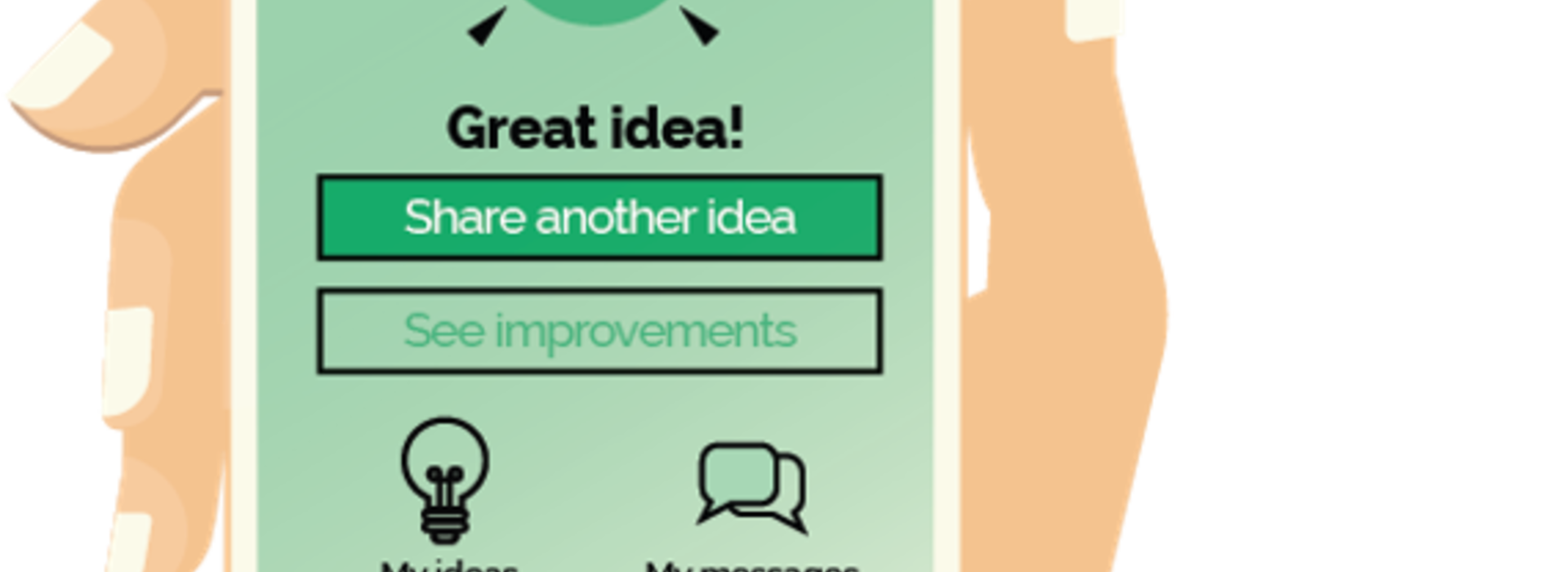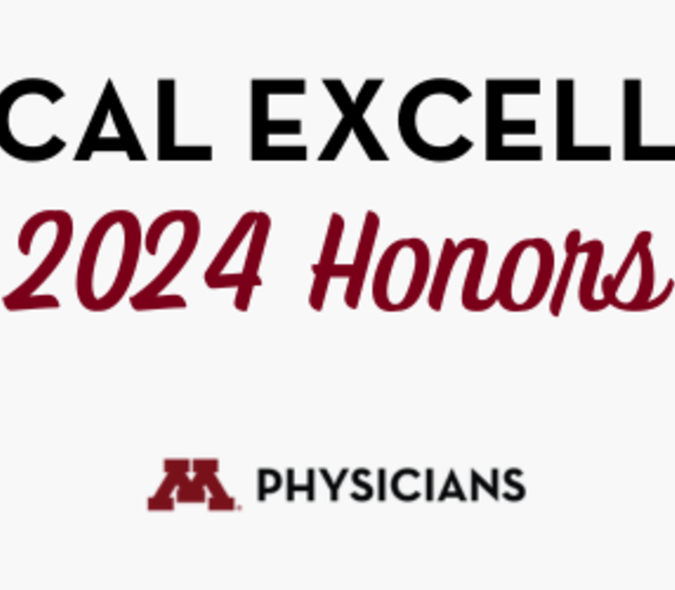
Orthopedic Innovation Continues Despite a Pandemic
NOT EVEN A PANDEMIC can stop the Department of Orthopedic Surgery’s innovation program. Since working from home wherever possible was mandated by University of Minnesota President Joan Gabel, JD, on March 16, 2020, the department has not been together in person. However, quality improvement projects have continued moving forward. This is thanks to a deeply-rooted culture of innovation alongside the well-established technology platform ImproveWell.
ImproveWell users can submit real-time innovation, quality improvement, and work culture ideas using the app or web page, which are then reviewed and vetted by stakeholders for implementation. The department was able to transition rapidly to this new working arrangement, in part due to an ImproveWell idea to establish a flexible work policy, meaning teams already had most of the necessary technology and resources to work from home.
“Having a digital platform for innovation, project management, and communication established long before the COVID-19 pandemic was critical to staying connected to our department’s mission and moving projects forward,” says ImproveWell Project Development Manager Joy Harken, MHA.
During the 2020 fiscal year, 68 new project ideas were submitted by faculty, residents, and staff pertaining to improvements in patient care, education, research, work culture, and more. During the same time, 22 projects have been implemented and 17 are under review or in progress.
“The ideas changed in priority when the COVID-19 pandemic began,” Harken says.
For example, prior to COVID-19, she ran into institutional barriers implementing electronic faxing within the department. But once those barriers were eliminated as people started working remotely, some aspects of digital faxing came online while others are in progress.
“The COVID-19 pandemic has forced innovation,” Harken adds. “We’re in a situation where to function we have to innovate. While it’s not innovative to have electronic faxing, removing institutional barriers is.”
Former resident Matthew Herring, MD, introduced the ImproveWell app as a solution during his PGY-5 year. From there, a partnership developed with ImproveWell’s team based in London, and has now been running for more than two years. While the platform is relatively new, Department Head Denis Clohisy, MD, has led a steadfast commitment to innovation. Earlier in the year, Clohisy submitted a solution to monitor employee engagement that led to installing a Smiley feedback terminal located in the administrative office. The touch-pad terminal gives employees the ability to share how their day is going and provide customizable feedback, which is then reviewed by leadership to determine actionable steps and shared with the team.
While the terminal is not accessible to those working remotely, a shareable electronic link with the same function was created to virtually collect employee feedback. During the first months of stay-at-home orders the feedback was resoundingly positive, however it became evident that it was a vital indicator of major stressors.
On May 25, 2020, Mr. George Floyd was killed by Minneapolis police. In the following days, the department’s Smiley feedback results plummeted and employees voiced concerns about how world events were seriously impacting their lives. As weeks of social unrest stemming from police brutality and systemic racism unfolded, it was clear the department needed to both act and stay connected more than ever.
“The Smiley feedback comments conveyed stress and challenges employees were experiencing. If we didn’t respond the way we did, which was acknowledging that it was really happening, and people were feeling stressed, we would have distanced our teams from us,” Harken says. “Because we acknowledged it, and we talked about it, another idea came from those conversations.”
Medical Student Coordinator Alyssa Boos submitted the idea to start a diversity, equity, and inclusion-focused book club to hold meaningful discussions about racial inequities in society and healthcare. With the first three sessions well-attended by faculty, residents, and staff, the hope is to continue raising awareness and creating opportunities for action to improve the lives of communities of color.
“When you give teams the ability to provide solutions, you’ve opened up the potential to use creativity, knowledge, and expertise to solve real-world problems,” Harken says.
Lily Wood, MD, PGY-1 – who had yet to even start the residency program – wanted to begin having departmental conversations to address systemic racism and healthcare inequities, and was directed to the department’s innovation app. From her submission, the department’s Diversity, Equity, and Inclusion Committee was formed as part of the annual strategy.
“Part of the long-term vision of the DEI Committee is that it’s sustainable as well as efficacious, and we are able to enact change that promotes and improves equity year after year,” Wood says. “We are looking at hiring practices, resident
diversity, and strategies to advance equitable, inclusive orthopedic care.”
The DEI Committee is working on several complex initiatives, like improving orthopedic access to underserved communities, partnering with the Medical School, and creating an outreach program for underrepresented students.
Innovation also positively impacted the department’s 2019 University of Minnesota Employee Engagement Survey results. Since the last survey in 2017, the department’s administrative staff experienced a 20 percent average increase in three questions related to innovation strategies, which continue to be refined.
In the coming year, the innovation program will align with the overall department work plan by engaging users through project idea support, advancement, and implementation. In partnership with Clarence Shannon, MD, Associate Dean of Strategy and Innovation, the department will continue to collaborate to support the Medical School’s efforts to lead healthcare innovation.
“Having an established innovation program has allowed us to be more nimble and adaptable to our situation,” Harken says. “We’ve been able to continue the culture of innovation, and that’s what sets us apart as a department.”



